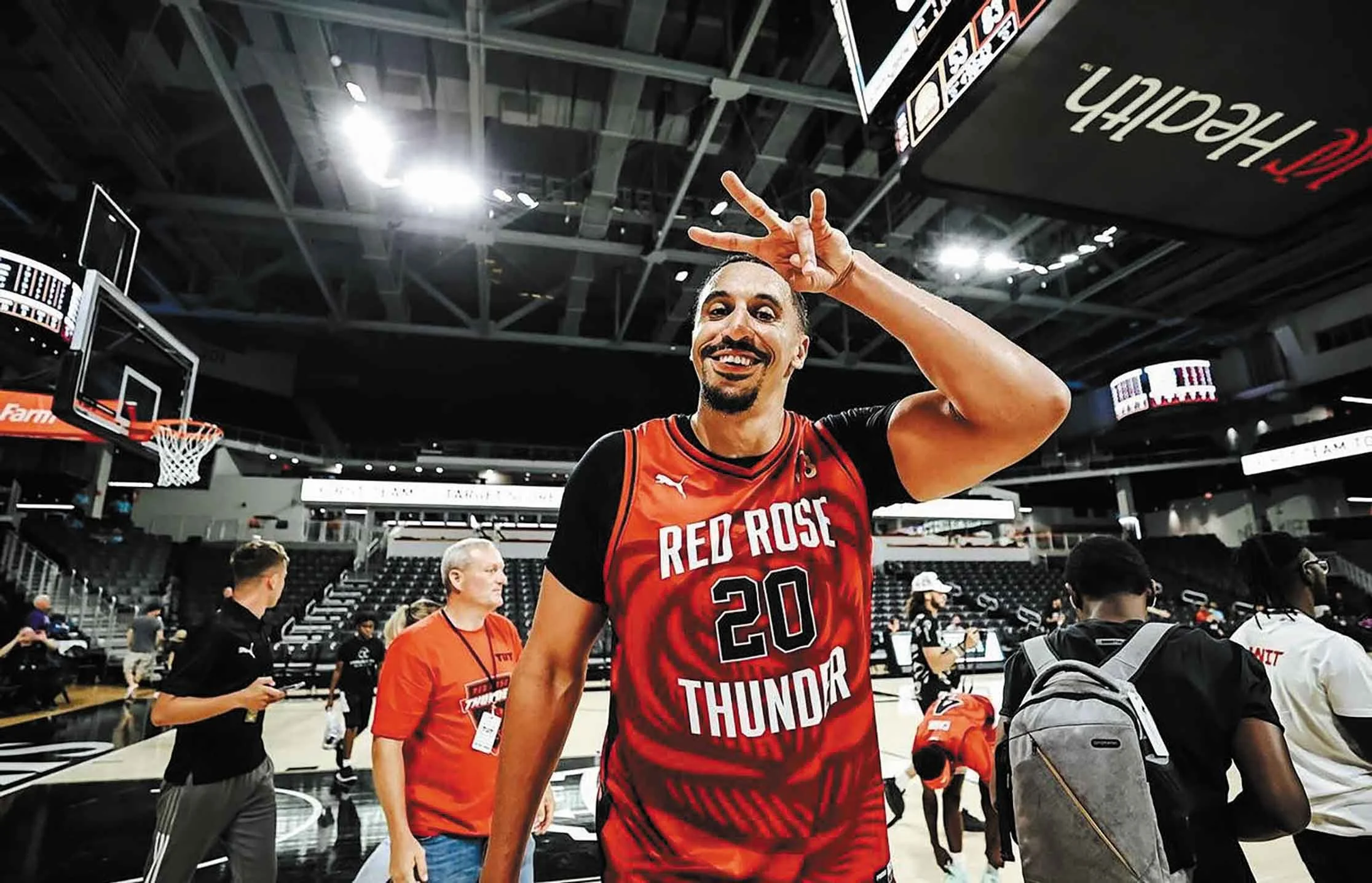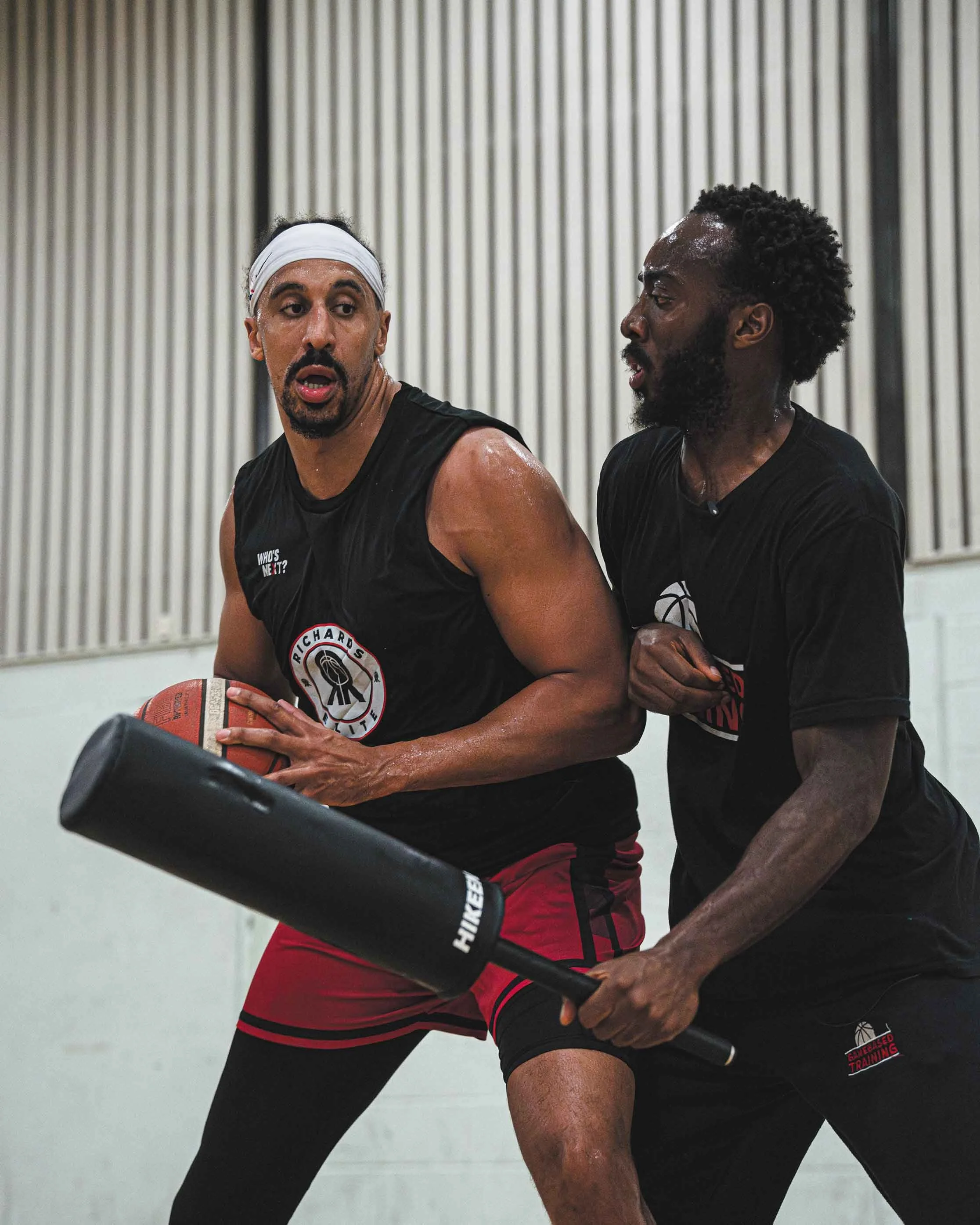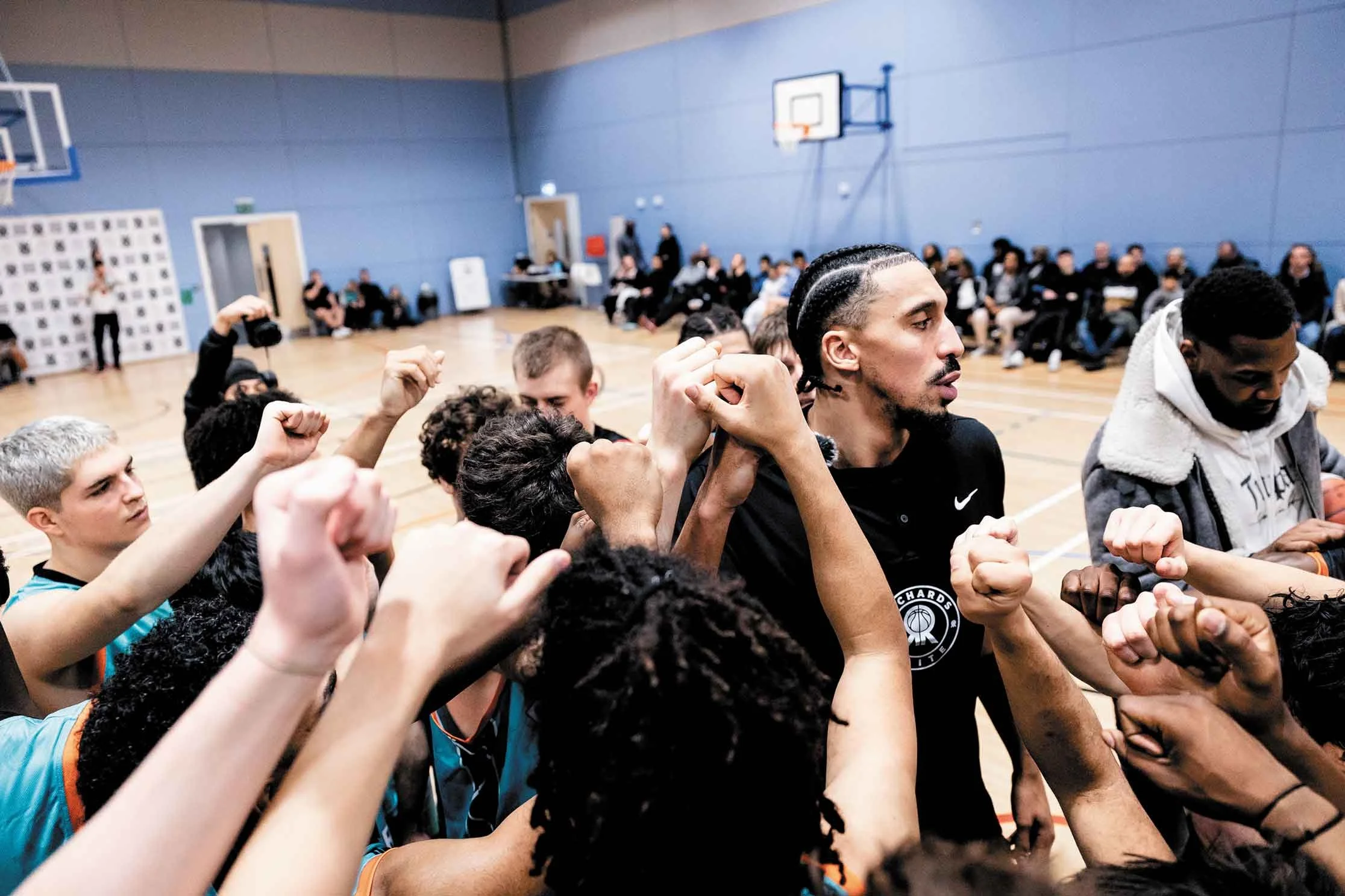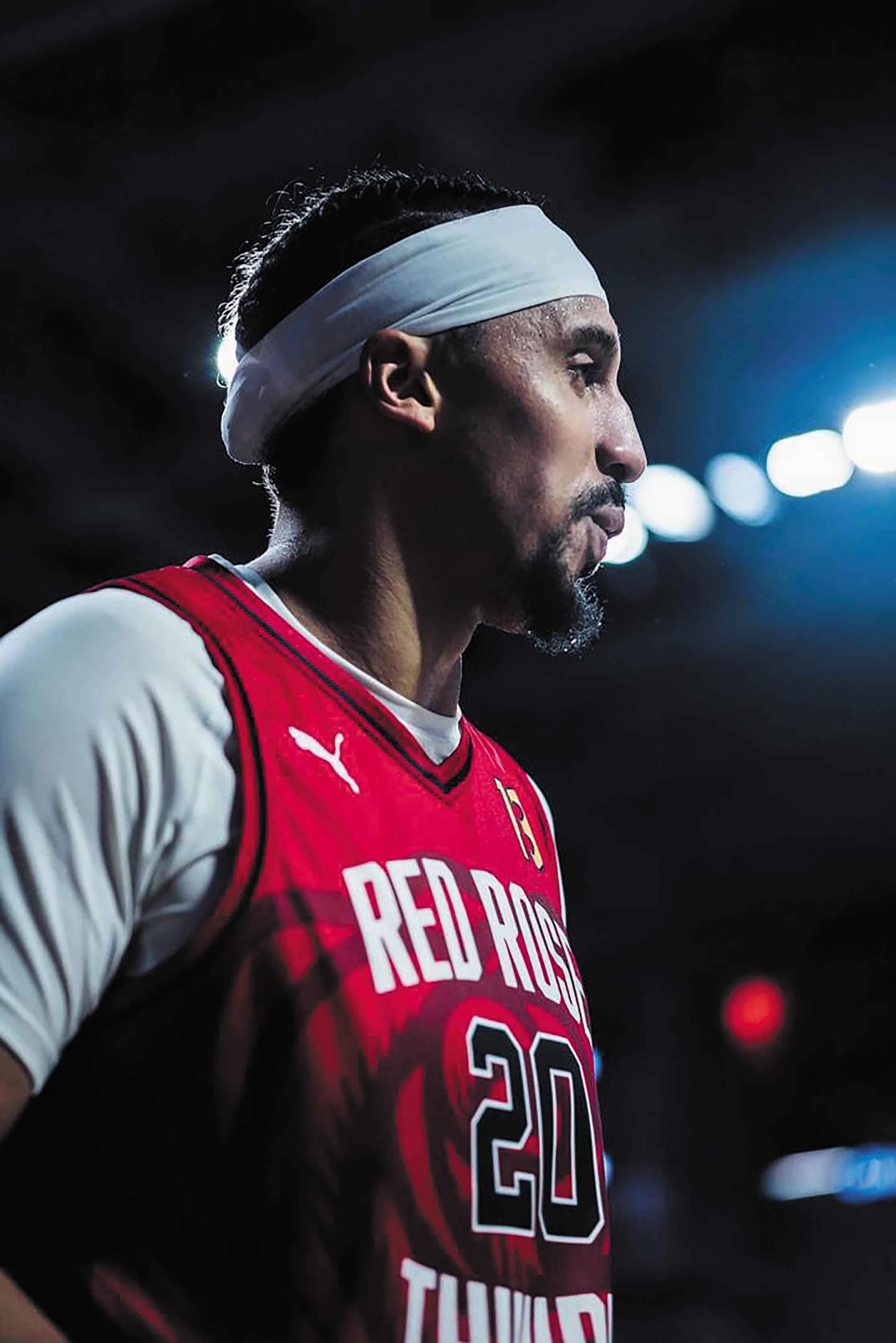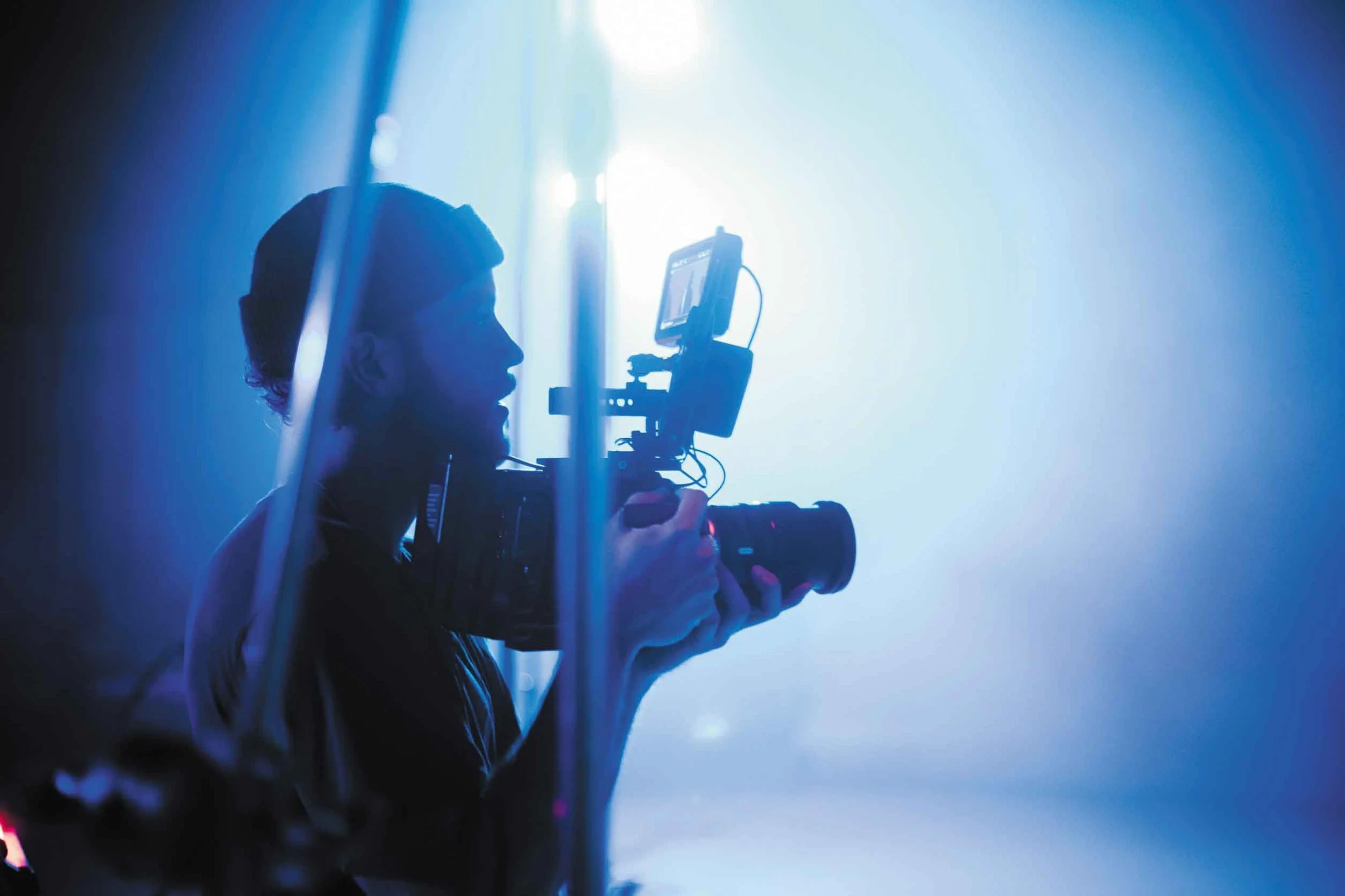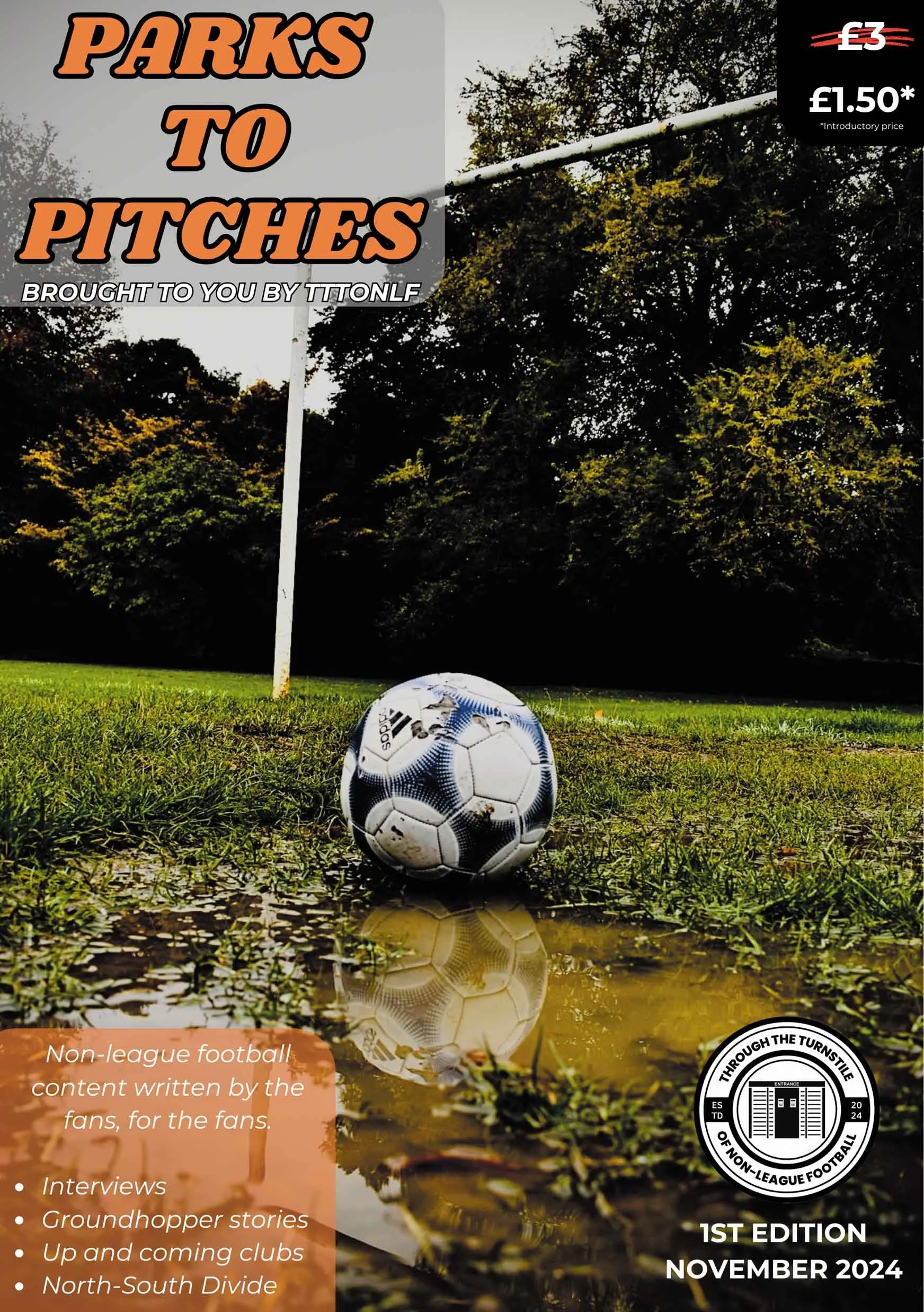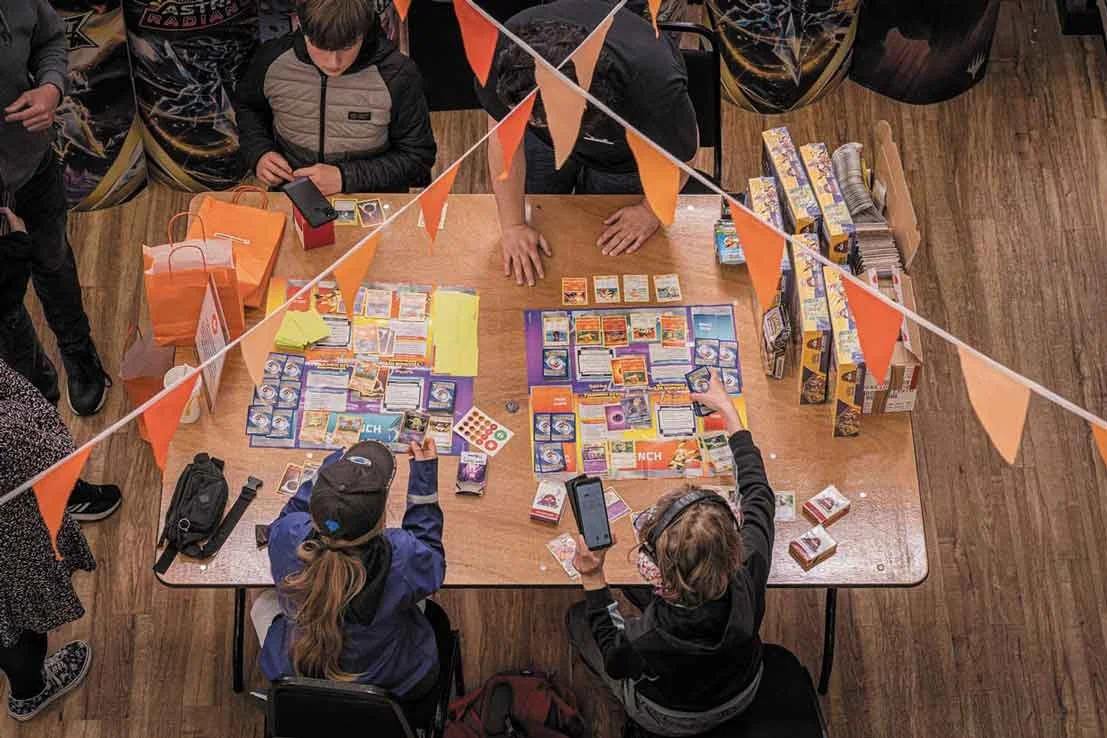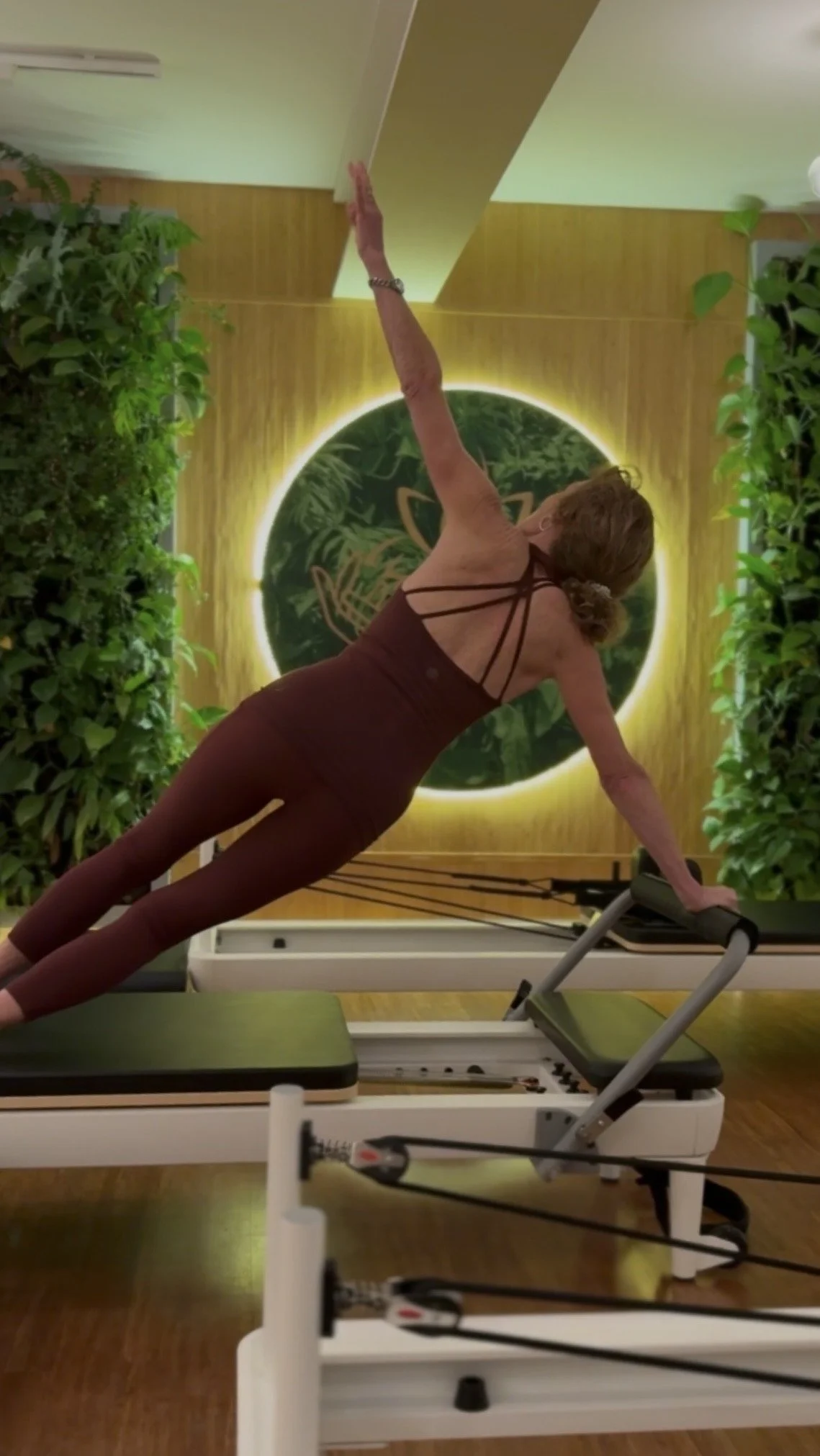Bourne to Ball: Interview with Sittingbourne basketball star Ryan Richards
From being drafted to the NBA’s San Antonio Spurs to hooping in the Middle East and battling alcoholism, Sittingbourne’s Ryan Richards has had a basketball career like no-one else.
Words by Sammy Gunnell (Official Archivist for @slam Magazine)
In 2010, Ryan Richards stood on the threshold of the most prestigious basketball league in the world: America’s National Basketball Association, the NBA. Where superstars are born. Names like Michael Jordan, Kobe Bryant and LeBron James will be remembered forever, while countless others appeared for a moment and later faded into obscurity. No pressure...
At just 19 years old, Ryan was pulled into the fanfare and hype surrounding the league’s prospects ahead of the NBA Draft, an internationally televised event where teams select players to join their squad and play on basketball’s biggest stage. Prior to the draft, he endured team workouts, meetings with coaches and countless media interviews. For the sake of ease, informing the international TV cameras that he was from London, or thereabouts, would have kept things simple – but Ryan Richards is from Kent. Sittingbourne, to be exact, and he introduced himself as such. Proudly.
An unassuming street behind an industrial estate was where Ryan’s journey began. Initially, it was football that gave him a taste for team sports, but when his older brother, 18 at the time, came from Jamaica to the UK he brought basketball and a 10-year-old Ryan found a new sport as well as a mentor.
He got a feel for the game on his back-garden hoop and as Ryan grew older he gained an appetite for development and competition. With opportunities sparse in his local area, Ryan skipped school at lunch and took the train to Ramsgate to join his brother in daily pickup games at a court behind the station. They scrimmaged on cracked concrete and baskets lower than the 10ft regulation height, providing dunking superpowers to those who otherwise could only dream of doing so. This, combined with the confidence gained from noticeable improvements while competing with older players, kept Ryan out late, playing until the last train.
Ryan explains: “Being mixed race, you struggle with identity as a kid. It’s something that doesn’t get a lot of coverage. Basketball helped me a lot because when you step on the court, colour doesn’t come into play.”
As his skills developed, so did his confidence, and then his persistence. After some pestering, Ryan’s mum helped him discover basketball opportunities across the region, finding clubs in Herne Bay, Whitstable and Canterbury. He eventually played for the Thanet Rhinos, where he got his first taste of ‘organised basketball’, which ultimately launched him on an unforgettable journey.
At just 15, Ryan’s basketball talent and towering height (6ft 9in, now 7ft) caught the attention of British pros Joel Freeland and Dan Clark, who were playing in Gran Canaria. After visits from their clubs and discussions with his mum, he left school and Sittingbourne to start a professional career in Spain. The shift was immense – he went from casual shoot-arounds in Ramsgate to training four times daily, gaining invaluable experience playing against grown men and mastering his height advantage to become one of the world’s best in his position.
“I was always the big kid, but I never used my size as a player,” he says. “I was a streetballer. That was my whole identity. It wasn’t until I moved to Spain that I really learned how to use my size to my advantage.”
This professional grounding proved its worth at the Nike Hoop Summit, where 15-year-old Ryan faced future NBA stars like Derrick Rose, Kevin Love and OJ Mayo. His performance not only showcased his talent but also drew the attention of legendary college coach Mike ‘Coach K’ Krzyzewski.
In 2010, 19-year-old Ryan Richards reached a pivotal moment in his career: eligibility for the NBA Draft. His dedication paid off when he was selected by the prestigious San Antonio Spurs, renowned for their international scouting and history of developing elite big men like Tim Duncan and David Robinson. It seemed like the perfect opportunity – until an MRI during ‘media day’ revealed a shoulder injury. Instead of a contract, Ryan was offered a rehab programme. The rejection hit hard.
“I went back to my hotel room, destroyed the place and just cried for five hours,” he reflects. “It was tough, man. I’d worked five years for that moment.”
In his formative years in Sittingbourne, Ryan’s parents instilled an attitude of never giving up. Although a position with the Spurs didn’t materialise, opportunities elsewhere did. He went on to play professional basketball in 50 different countries, from Bahrain to Switzerland, and represent Team GB on numerous occasions. This success came with baggage, though, and a party lifestyle that encouraged, among other things, regular drinking. This habit took hold for almost 15 years, numbing emotions and adversely affecting both his body and his productivity.
“I was definitely an alcoholic for a large part of my career – no doubt. If I had a bad game, I’d drink to forget. If I had a great game, I’d drink to celebrate. It was a dangerous cycle.”
2024 marked a significant change. It was an unlikely interaction that radically altered the trajectory of Ryan’s relationship with alcohol. The epiphany came unexpectedly during a chance encounter in a quaint East Sussex village
“I was drinking with this 80-year-old man,” Ryan recalls. “We were cracking IPAs, talking sh*t for five hours. He started sharing his regrets and I could see how alcohol had affected him. I went home and thought ‘What’s the difference between me and him? Just age. That’s it.’”
He took a photo of his body, didn’t like what he saw, quit alcohol completely and set off on a fitness and diet regime beyond his day-to-day exercise as a basketball player. Reaching 356 days – and counting – the past year has been clean in terms not only of alcohol consumption but also in the implementation of a daily routine consisting of stretching, iced Americanos for breakfast and the food that fuels his position as an elite professional athlete. It hasn’t been an easy road but one that’s seen a wealth of benefits and transformation.
His journey hasn’t been private, either, and sharing it on social media has proved to be far from a self-indulgent pat on the back. Ryan has been able to support and inspire others who, after finding the courage to be vulnerable, have connected with him to share their experiences with addiction in its many forms.
Perhaps the most impactful example of Ryan’s transformation benefiting others is his Richards Elite basketball camp, which takes place in Rochester. The camp provides the opportunity for teenage boys and girls to gain valuable basketball input, developing their skills immeasurably as a result. More than basketball, though, it’s a mentorship programme where Ryan personally supports players and their families in a variety of circumstances. In a very short time, signups have grown from 30 to 60 to 120, while Dagenham has been added to the itinerary to accommodate the interest.
Ryan is passionate about connecting with the teenage generation.
“Some people call them cheeky, some call them a little bit rude, but I just love the transparency of them. I love the realness.”
For 2025, the camp is set to expand to locations around the country, with a team going to the million-dollar TBT event in the States. It was important for Ryan to focus on Kent first, though. With a historic lack of basketball funding and opportunities, no kid with basketball dreams should be left behind or, like Ryan did, be tempted to miss school to pursue the chance to play.
“I feel like kids from areas such as Sittingbourne, Swale and a lot of parts of Kent kind of get left behind and just become part of the system,” he explains. “It’s really important for me to build Kent.”
Ryan Richards’s journey hasn’t been easy, but the impact of his decision to alter the trajectory of his physical and, in turn, mental health is felt far and wide. From Sittingbourne to the world and back again – empowering others to do the same.



